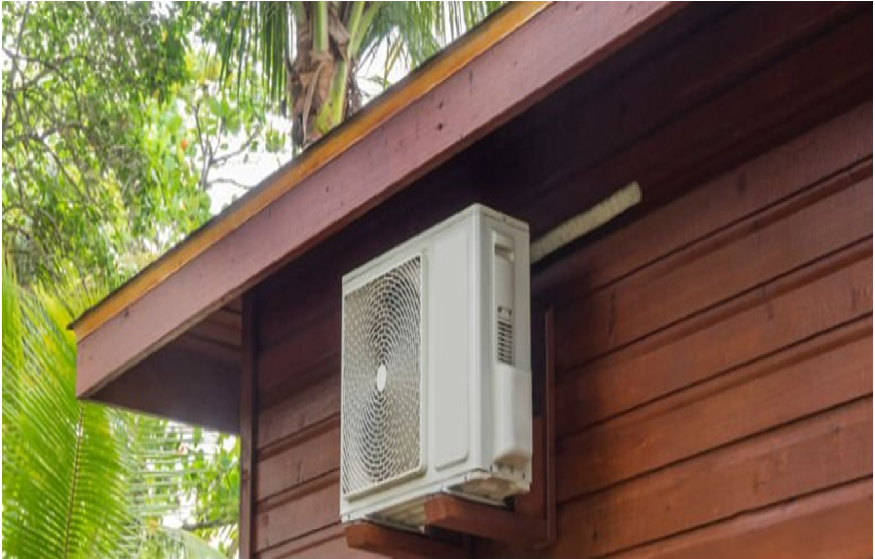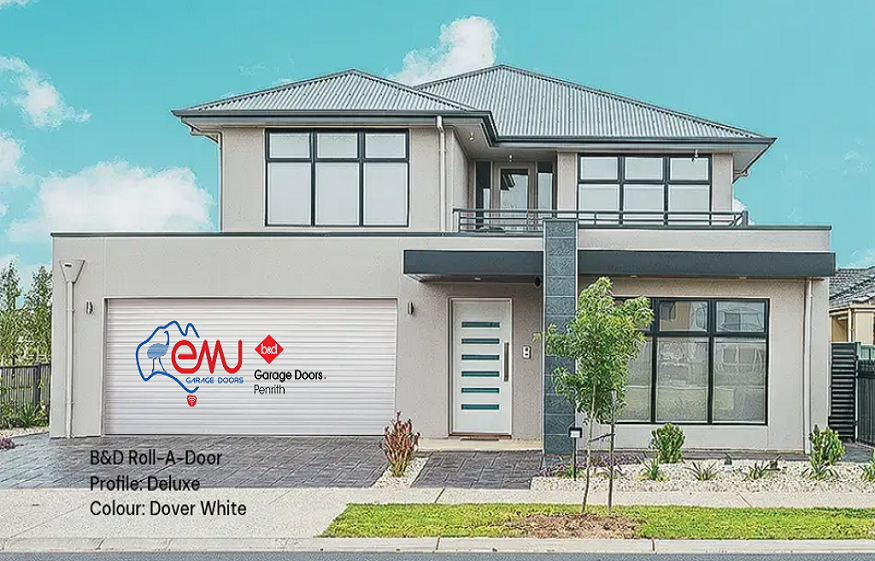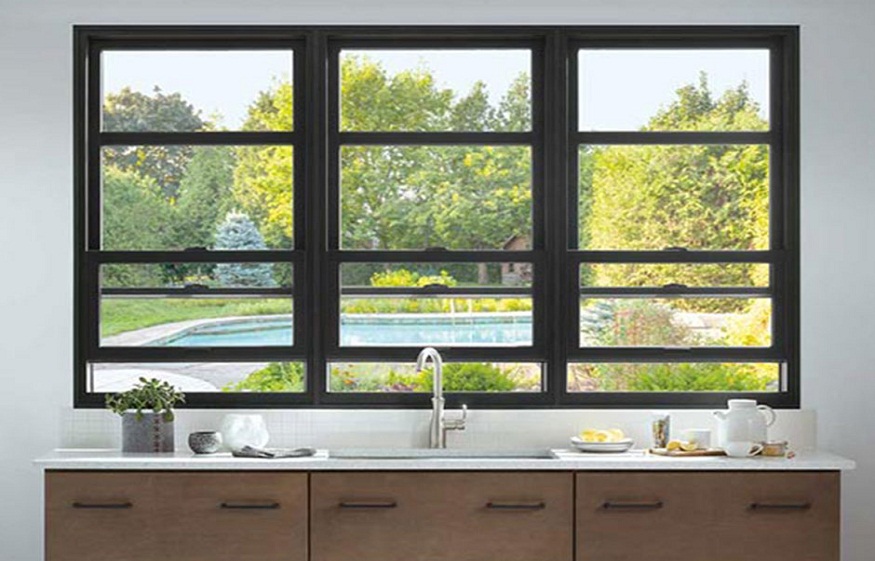Choosing the Right Seminole FL Air Conditioner Size before Installation
When purchasing air conditioners, people need to consider many considerations: inverter technology, efficiency ratings, Energy Star certification, reversibility, and so much more. But the essential consideration people should keep in mind is the cooling capacity or AC sizing.
If homeowners are wondering what size of AC they need, they will know exactly the right one for them in this article. It is also important to understand what tonnage or British Thermal Unit, what cooling capacity, how it can affect AC operation, and how to choose the right size for the room.
Check out this site for more info about sizing.
Let us go over these queries and help people get the best AC for them. If the homeowners are all set to purchase a cooling unit, they may also be interested in smart thermostats or smart air condition controllers. These things allow users to control their AC from their mobile phones and set intelligent triggers to increase energy efficiency.
What AC size do people need?
Listed below are some important things people need to consider when determining the right British Thermal Unit requirements for their homes. While general calculations used as a standard for sizing a cooling unit require the room’s size, accurate determinations of air conditioning unit size should include various factors.
These can consist of air volume coming into the structure compared to air coming out, wall material, wall insulation, the temperature difference between outside and inside, humidity levels, flooring materials used, location of the room in the property, and so much more. Let us take a closer look at some of the most significant factors and how they can affect their cooling unit sizing.Click sites like https://www.weathermakersac.com/ac-installation-seminole-florida/ for details about this topic.
Guidelines on room size
To help people calculate the best AC size for the space, they first need to calculate the size of the room. It is pretty simple: multiply the room’s width and length. It helps to calculate the space that is needed to be heated or cooled. If the area is not a perfect square or rectangle, homeowners can make their task a lot easier by dividing the structure into sections to help them calculate the exact size.
The next part is a bit tricky. They need to calculate the air conditioning system’s British Thermal Units that would be suitable for the room. Property owners can multiply their room’s total space by twenty-five to get the British Thermal Unit needed. System systems need at least twenty British Thermal Units for every square foot of home space occupied as a standard rule for sizing cooling units.
This number is a very safe quantity and caters to different daily weather conditions like humidity and rain. For instance, rooms with a length of ten feet and widths of fourteen feet have an area of one hundred forty square feet. To figure out how many British Thermal Units people need for their AC, multiply the room’s area by twenty-five to get the minimum cooling capacity needed for their unit, which comes out to be three thousand five hundred BTUs.
Room height
Although people have sized ACs according to their room’s area, they have not considered the area’s height so far. It also plays a part in determining how adequate a certain cooling capacity is. Rooms with high ceilings will have a more significant amount of air that requires to be cooled.
Moreover, wall-mount split-type units are more affected when it comes to cooling all air present in the room compared to window-type units. It is because the wall-mount split is positioned a lot higher on the wall, and we know that warm air rises. Compared to window-type systems, the warm air is cooled more effectively with split-type units.
Wall insulation
These things are thermal, non-conductive materials that embed into room walls. It helps homeowners to keep their rooms cool in the summer and warm during winter. It is possibly because wall insulations are excellent thermal insulators. It means it doesn’t conduct heat effectively and efficiently, thus preventing cooling loss during summers. If people have excellent wall insulation, their AC requirement would be less.
The area in their house will not lose heat lot quicker. If they don’t have proper insulation, the room will get pretty warm a lot quicker after they turn the unit off. They need to have it running for extended periods and on higher power settings.



